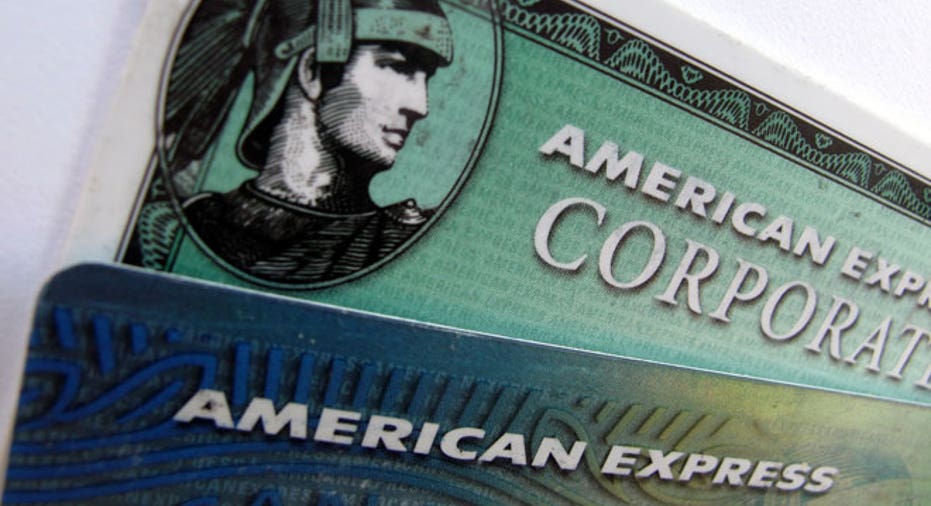How Do I Get Rid of a Dormant Card Without Hurting My Score?

Dear Cashing In,
I have had both the American Express Traditional Green card and Blue card since 2002. Back when I signed up for the cards, the Blue card by itself was not eligible for enrollment in American Express's Membership Rewards program. I had to sign up for the Green card ($55 annually) and enroll that card in the rewards program ($40 annually) so I could collect points on both cards. I chose to carry the Blue card and put the Green card away where it sat year after year, untouched.
I recently discovered I can now carry AmEx Blue and enroll in the Membership Rewards program without paying annual fees. So I canceled the Green card's enrollment in the program. I'm considering canceling the Green card entirely, but read in your article that credit utilization ratio plays a big part in credit scores and that one way to offset cancellation of a card is to increase the credit limit of another. However, my Green card has no pre-set spending limit, so I have no idea how high to raise one of my other credit card limits to offset canceling. Should I continue to pay the $55 annual fee on a card that is of no use, or close the credit card that has had a zero balance on it for 11 years?
- Eric
Dear Eric,
I would get rid of that Green card, assuming you have an active and longstanding history with the rest of your credit. You say you originally got the Green card to earn points on both of your American Express cards, but you only ended up earning points on one of them. Now you're spending $55 per year to hold on to a dormant credit card.
Since you took on the Green card 11 years ago, you've paid $605 in annual fees on a card you've rarely used, and an additional $440 for the privilege of enrolling in Membership Rewards. Given your Blue card earns a flat 1 point per $1 spent, that's a big investment for mediocre rewards. It's great that you got rid of that $40 enrollment fee.
To decide whether or not to get rid of the card completely, it helps to look at the components of a credit score. Credit history makes up 15 percent of a FICO score. The Green card is neither your oldest nor your only card. Even if it were, account activity usually remains on your report for 10 years after you cancel a credit card or close an account. So you won't harm your credit history significantly by canceling the green card.
A more important factor in the scoring -- accounting for 30 percent of your score -- is your credit utilization ratio. That's the amount of available credit you have compared to how much you owe. When you close a card, your available credit falls, which can lower your score, at least temporarily. You may be able to offset that hit by increasing credit limits on other cards, as you suggested. Be aware that such a request is considered a "hard pull" on your credit record, which in itself causes a minor ding to your credit score. But if you keep your credit utilization ratio below 25 percent and pay your bills on time every month, you should be able to recover quickly.
There's no need to calculate the exact amount required to offset a cancellation in this case because you won't have much choice in the matter. Your card issuers probably have a formula for how much they will increase your credit limit at one time.
It sounds like you're not only cutting unnecessary expenses with this adjustment, but possibly freeing up some money to put toward more lucrative credit card rewards. Weighing this decision in the context of your overall credit is a smart move.
See related: If my oldest card's rewards aren't paying off, should I cancel?, How card companies report credit utilization to bureaus, Higher limit or second card will impact your credit score



















